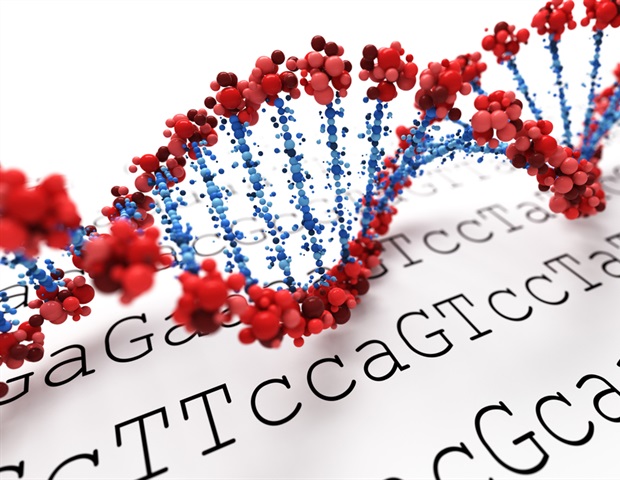
A survey of over 2,000 British adults finds that belief in genetics is excessive and went up considerably through the pandemic. It additionally finds that there’s a starvation for extra protection of genetics.
The pandemic has gone hand-in-hand with a much-increased public profile of science − genetics particularly. Be it the prominence of PCR testing or the event of vaccines, genetics has been within the highlight in an unprecedented means. Given this, researchers from the Universities of Tub, Cambridge, Oxford, UCL, and Aberdeen wished to know what the general public felt about genetics and whether or not this new publicity of the science had made a distinction.
The Genetics Society funded and commissioned a survey of over 2,000 randomly chosen British adults via a public polling firm Kantar Public. The researchers discovered that as a baseline most individuals have been trusting of genetic applied sciences earlier than the pandemic. Almost half (45%) reported they trusted it to work for the societal good, 37% have been impartial on this query, whereas 18% mentioned they didn’t, and solely only a few (1-2%) have been strongly distrusting.
When requested if their belief in genetics had gone up via the pandemic, 4 occasions extra folks mentioned their belief had elevated than those that reported that it had gone down. Belief in science extra usually had strongly gone up with a 3rd of individuals saying it had elevated.
The outcomes counsel that not solely has belief in science gone up, however folks wish to hear extra about it. Lower than 10% thought that there was an excessive amount of protection of science within the media, whereas 44% reported that they wish to hear extra about it.
Anne Ferguson-Smith, Professional-Vice-Chancellor for Analysis and Worldwide Partnerships and Arthur Balfour Professor of Genetics at Cambridge College and President of the Genetics Society mentioned: “These outcomes actually problem us to double our efforts. We have to rise to the brand new alternative and the problem created by the outcomes of this survey”.
Co-lead Professor Laurence Hurst of the Milner Centre for Evolution on the College of Tub mentioned: “that is doubtlessly vital to know – scientists generally tend to stay of their labs, however it seems like, for probably the most half, the general public not solely belief us however that this belief has gone up considerably and plenty of wish to hear extra from us about our work.”
Professor Jonathan Pettitt, co-lead from the College of Aberdeen mentioned: “It’s onerous to see any upsides to the pandemic however maybe that is one? We by no means knew that so many individuals wished to listen to extra from scientists.”
We expect we’ve got established the boundaries of science communication. Regardless of all of the discuss of PCR over the past many months, we discovered that 30% hadn’t heard the time period or knew it was a instrument for testing for the virus. It’s onerous to see how any science can have extra publicity than PCR has had. We must be practical and perceive that, it doesn’t matter what, we’ll by no means attain everybody. For informing folks about issues like vaccines that is vital to know.”
Co-lead Professor Alison Woollard, Division of Biochemistry, College of Oxford
Dr Adam Rutherford from the UCL division of Genetics, Evolution and Atmosphere mentioned: “We frequently hear that belief in science is at a low level, however what we discovered is that most individuals do belief the science of genetics as the premise of how we deal with international points similar to pandemics. Nonetheless, scientists shouldn’t be complacent: we additionally discovered that the publicity of genetics through the pandemic made these suspicious of science extra distrusting, regardless of the proof. In a world the place these voices can simply be amplified, we should be vigilant that our processes, methodologies and outcomes are clearly and transparently communicated.”
Dr Cristina Fonseca, mission coordinator for the Genetics Society, mentioned “having a consultant random survey is absolutely very important and permits us perception into the true range of opinions.”
